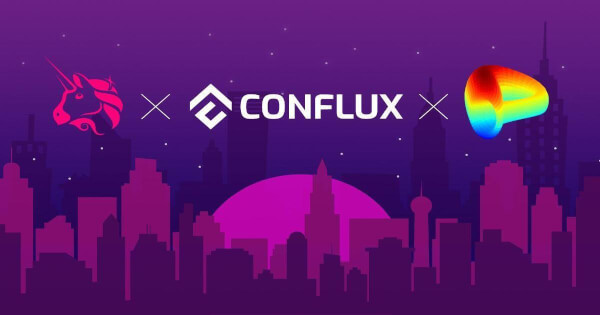Peter Jang
November 27, 2024 07:15
Conflux (CFX) announces the v2.4.1 upgrade, which addresses RPC improvements, storage optimizations, bug fixes, and improves node stability and performance.
Conflux (CFX) Network has released its latest upgrade, version 2.4.1, which aims to improve user and developer experience through a series of technical improvements and bug fixes. According to Conflux Forum, this upgrade introduces several major improvements to RPC methods, storage, and code maintenance.
RPC improvements
The latest update includes significant improvements to remote procedure call (RPC) functionality. This includes a debug_trace RPC implementation for eSpace, similar to Ethereum’s geth and eth_getBlockReceipts. The core space debug and test namespace RPC method has been optimized along with improvements to the eSpace default RPC method error messages. The update also supports 2930 and 1559 type transactions for cfx_sendTransaction and cfx_signTransaction, and introduces support for custom error reversion in eth_call and eth_estimate.
Additionally, a new fee history cache for the latest 1024 blocks has been added to improve query performance, and both input and data are now supported for CallRequest. The update also includes updates to core space RPC block.gasUsed behavior for transaction pool replacement reasons and more comprehensive information. Gas zero is not set during eSpace quotes and calls.
Save and bug fix
On the storage side, the upgrade optimizes state and accounting checkpoints and rewrites state prefetchers. Several bug fixes have been implemented, including resolving eSpace zero gas price estimation errors and adjusting block gas limits per CIP1559. Also fixed was an issue where eth_estimate would not check if the gas fee balance was sufficient when the maximum fee per gas was passed.
Code maintenance and recommendations
Code improvements in this release include removing unnecessary and unsafe code and refactoring it for better maintainability. Node operators and miners are encouraged to suspend current node operations, replace existing executables with the new Conflux v2.4.1 node program, and then restart the node to ensure stability and improved performance.
The Conflux team strongly recommends upgrading to the new version to take advantage of improved node stability and performance. The community and developers were recognized for their continued support and contributions to the ecosystem.
Image source: Shutterstock

